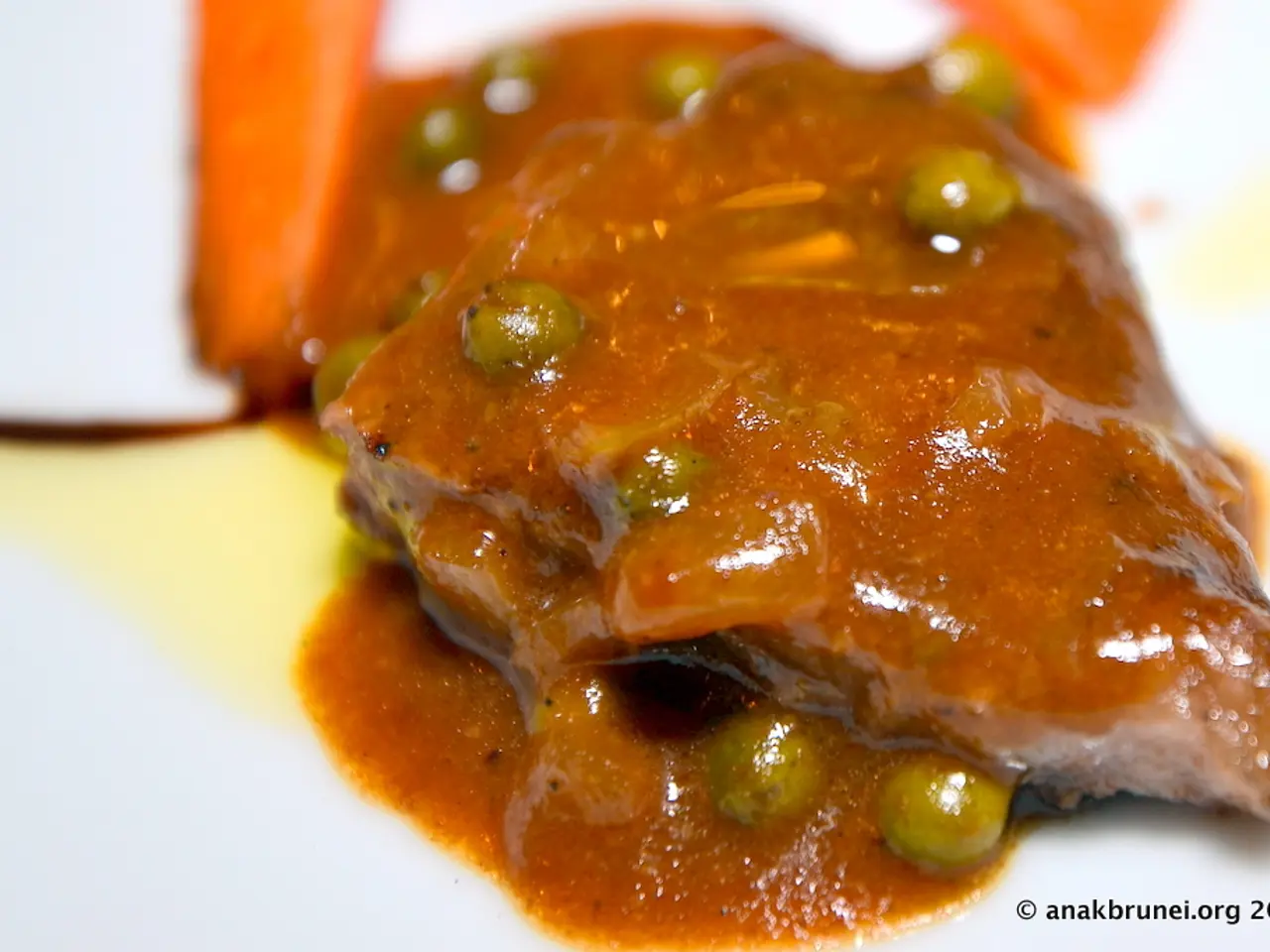McDonald's Japan confronts Pokémon enthusiasts in a significant food waste controversy, as a multitude of fans abandon the fast-food giant due to inconsiderate waste disposal practices.
McDonald's Japan found itself in the midst of a public outcry this week, as customers discarded Happy Meals in pursuit of limited-edition Pokémon trading cards. The demand for these collectibles was so high that buyers purchased multiple meals, took the cards, and discarded the uneaten food, causing significant food waste and public backlash.
The Pokémon Happy Meal event, a promotional tie-up with the globally popular franchise, was scheduled for three days, from August 9 to 11. Each Happy Meal set cost approximately $3.50 (around 510 yen). However, the rampant reseller activity and overwhelming demand caused the exclusive cards to sell out within less than 24 hours, forcing McDonald’s Japan to end the promotion early and apologize for the disruption.
Images of untouched Happy Meals and waste outside McDonald's restaurants in Japan were shared on social media, angering families and the public who felt the promotion undermined the brand’s family-friendly image. The event sparked long queues, bulk orders by scalpers, and the circulation of such images, leading to a significant public outcry.
As a result, McDonald’s Japan canceled a planned subsequent One Piece card promotion and vowed to prevent such issues in the future by tightening rules, limiting purchases, and returning to the core focus of providing a fun experience for children rather than encouraging reselling or food waste. The company expressed regret that its preparations were inadequate and emphasized its commitment to addressing food waste and restoring consumer trust.
In addition, McDonald's Japan plans to work with third-party websites to stop scalpers from increasing the price of the collectible cards. Limited edition and mint condition Pokémon cards can fetch hundreds of dollars on the resale and collectibles market, making them a lucrative target for resellers. The high demand for these cards has led some to purchase them as a speculative alternative investment.
It is worth noting that Pokémon, born in Japan in 1996, has appeared in trading cards, video games, films, and TV series, and is known for its cleanliness and high standards of public hygiene. The recent situation contradicts McDonald's Japan's long-held philosophy of providing enjoyable dining experiences for children and families.
In a statement, McDonald's Japan stated that it does not tolerate the purchase of Happy Meals for resale or the abandonment or disposal of food. The company is taking steps to ensure that such incidents do not occur in the future, aiming to maintain its reputation as a family-friendly dining destination.
[1] McDonald's Japan Apologizes for Pokémon Card Promotion Fiasco [2] McDonald's Japan Cancels One Piece Card Promotion After Pokémon Fiasco [3] Images of Waste Prompt Calls for McDonald's to Clean Up [4] McDonald's Japan Ends Pokémon Card Promotion Early [5] McDonald's Japan to Work with Third-Party Websites to Stop Scalpers
- McDonald's Japan has found itself in the center of global attention due to the world-wide demand for limited-edition Pokémon trading cards, causing a lifestyle issue with food-and-drink waste in Asia.
- The Pokémon Happy Meal event in Japan has led to pop-culture discussions surrounding the ethics of commercializing children's entertainment and promoting food waste.
- The entertainment industry, including general-news outlets, has covered the controversy surrounding McDonald's Japan over the Pokémon card promotion, highlighting the impact on Asia's food consumption patterns and social values.







